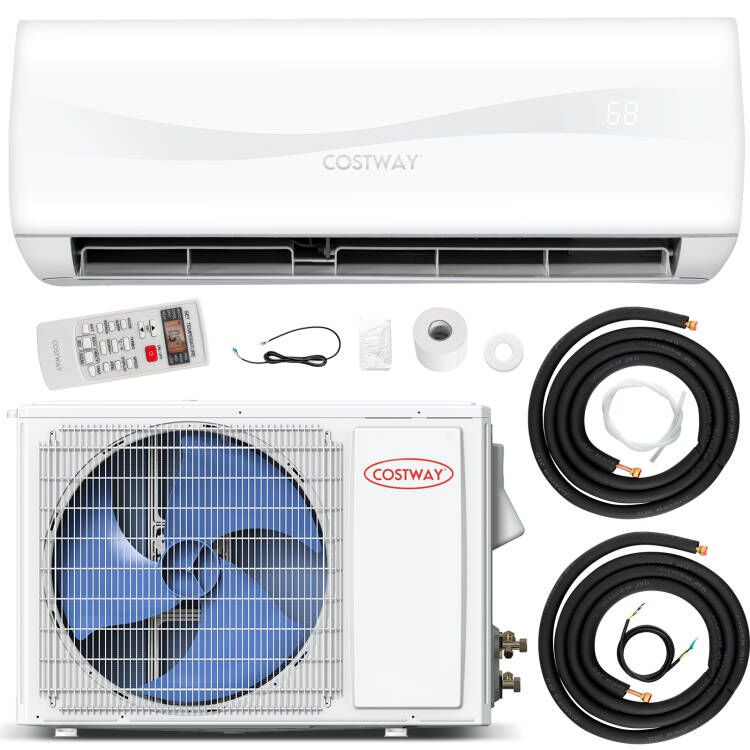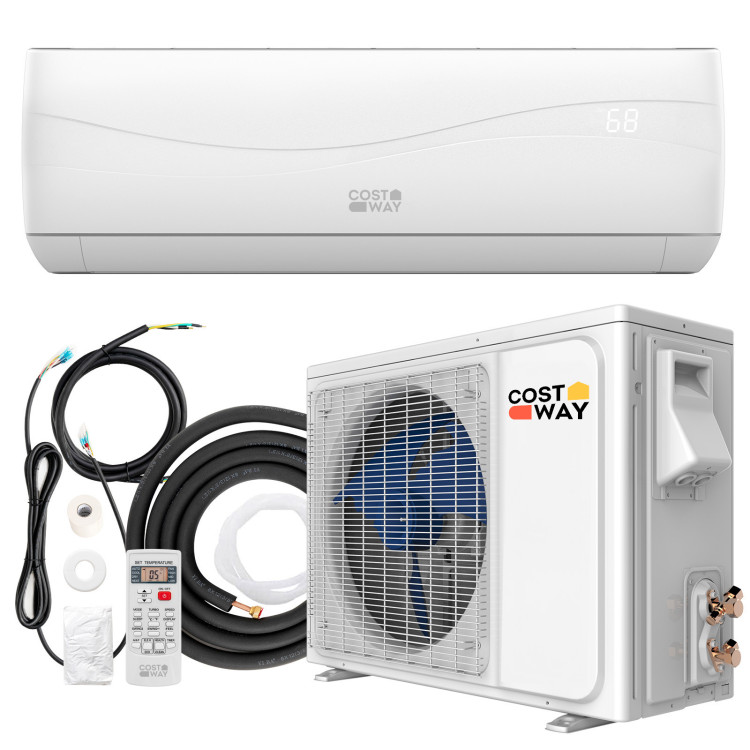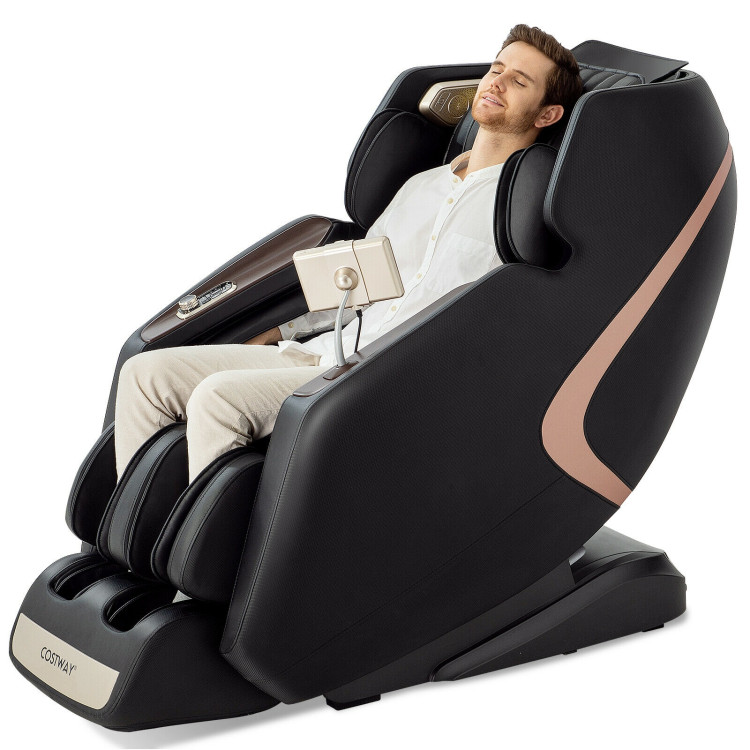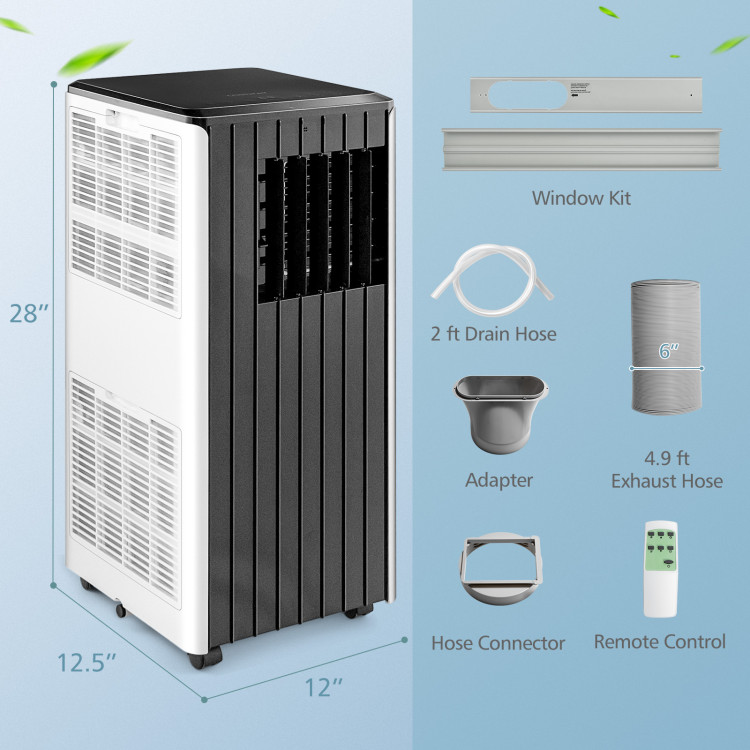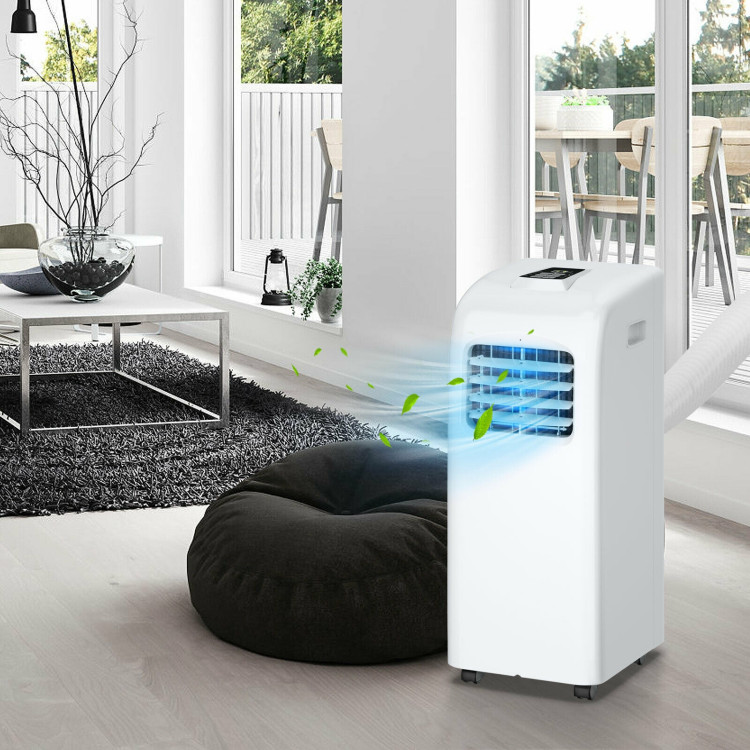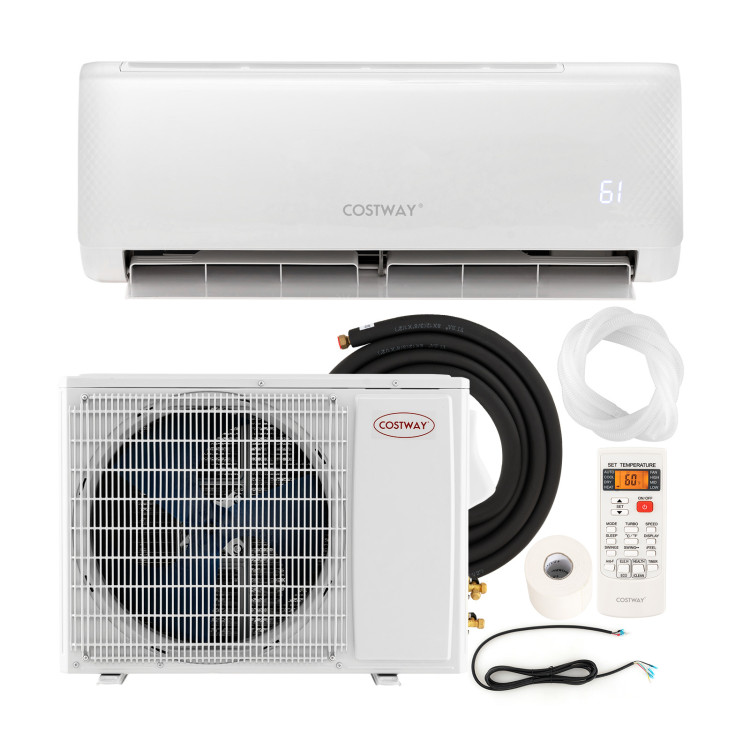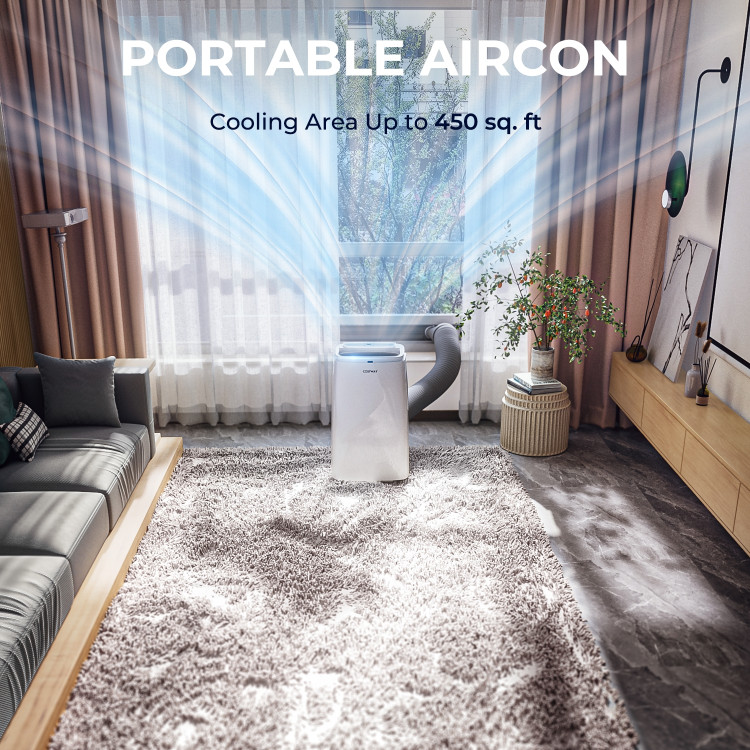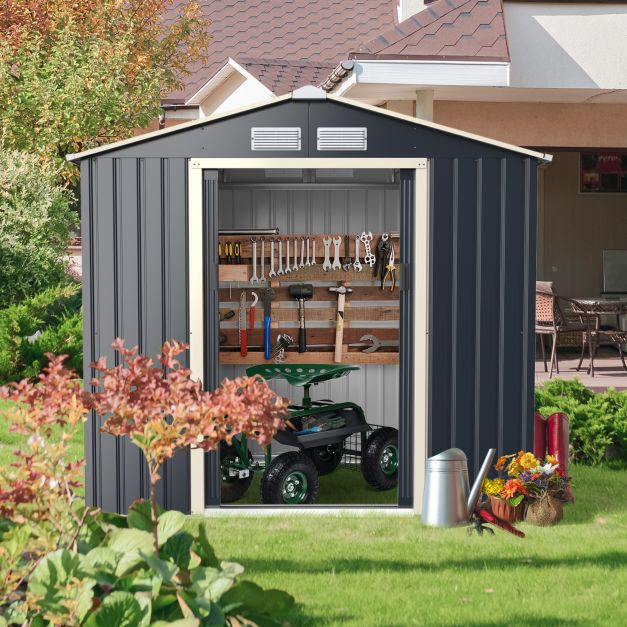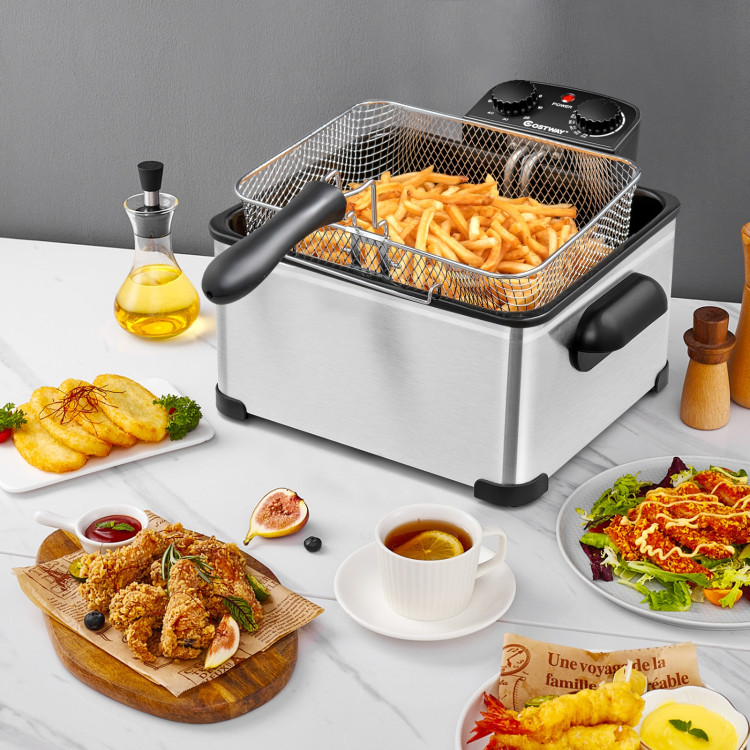As the summer heat approaches, investing in an air conditioning (AC) system becomes a top priority for many. With a wide range of options available in the market, it's essential to make an informed decision when purchasing an AC. In this comprehensive AC buying guide for 2023, we will explore different types of ACs, their features, energy efficiency, installation considerations, and maintenance tips to provide you with valuable information to help you make the right choice for your cooling needs.
Understanding the Different Types of ACs
When it comes to ACs, there are various types to choose from, each catering to specific cooling requirements. Split ACs, window ACs, portable ACs, and ductless mini-split ACs are among the popular options. Split ACs provide efficient cooling for individual rooms, while window ACs are suitable for single-room applications. Portable ACs offer mobility, making them ideal for smaller spaces or renters. Ductless mini-split ACs provide versatile cooling solutions without the need for ductwork. Understanding the differences between these types will help you select the most suitable one for your home or office.
Energy Efficiency and Cost Savings
Energy efficiency is a crucial factor to consider when purchasing an AC. Look for AC units with a high Energy Efficiency Ratio (EER) or Seasonal Energy Efficiency Ratio (SEER) rating, as they consume less energy and contribute to cost savings in the long run. Additionally, Energy Star certified ACs meet stringent energy efficiency standards and can significantly reduce electricity bills. Consider the size of your space, insulation, and climate conditions to determine the appropriate cooling capacity for optimal energy efficiency. We recommend the Inverter ACs and Ductless Mini-Split ACs as your first choice because of perfect balance between their excellent energy efficiency and cost saving.
Inverter air conditioners are designed to be highly energy-efficient. Unlike conventional ACs that constantly switch on and off to maintain the desired temperature, inverter ACs adjust the compressor speed based on the cooling load. This results in a more stable and efficient operation, as the AC continuously adjusts its cooling capacity to match the room's requirements. Inverter ACs can reduce energy consumption by up to 30% compared to non-inverter models, leading to significant cost savings over time. Ductless mini-split ACs offer individual room or zone cooling without the need for ductwork. These systems consist of an outdoor unit connected to one or more indoor units. Ductless ACs provide precise temperature control for each zone, eliminating energy loss associated with ductwork. Since they cool specific areas rather than the entire house, ductless mini-split ACs can be more energy-efficient, especially if you spend most of your time in a few rooms and don't require cooling for the entire home.
Installation Considerations
Proper installation plays a vital role in the performance and longevity of your AC unit. It is recommended to hire a professional HVAC technician to ensure a correct installation, as improper installation can lead to inefficient cooling and potential damage to the system. Factors such as location, electrical requirements, and ventilation should be considered during the installation process. Additionally, consult local regulations and permits to ensure compliance with safety and building codes.
Maintenance and Longevity
Regular maintenance is crucial to keep your AC running smoothly and extend its lifespan. Simple tasks like cleaning or replacing air filters, inspecting and cleaning the condenser coils, and checking refrigerant levels can significantly improve the efficiency and performance of your AC. Schedule professional maintenance at least once a year to ensure optimal functioning and identify any potential issues before they escalate. Proper maintenance not only increases the longevity of your AC but also enhances indoor air quality and reduces the risk of breakdowns.
Additional Features and Smart Technology
AC units now come with a range of additional features and smart technologies to enhance convenience and comfort. Some units offer programmable timers, sleep modes, and adjustable fan speeds for personalized cooling preferences. Others are equipped with smart thermostats, allowing you to control the temperature remotely using your smartphone. Consider these features and technologies based on your lifestyle and preferences to optimize your cooling experience.
Purchasing an AC is a significant investment and selecting the right one requires careful consideration of various factors. By understanding the different types of ACs, evaluating energy efficiency, considering installation requirements, and emphasizing proper maintenance, you can make an informed decision and enjoy optimal cooling comfort while maximizing energy savings. Remember to research reputable brands, read customer reviews, and consult with HVAC professionals to ensure you choose an AC system that meets your specific needs. Stay cool and comfortable throughout the summer months with a well-chosen and properly maintained AC unit.
